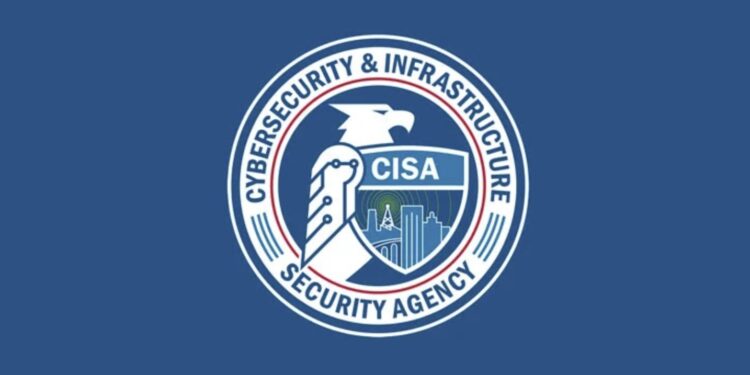U.S. Senator Maria Cantwell (D-WA) the Ranking Member of the Senate Committee on Commerce, Science, and Transportation, continues to hammer telecommunications giants AT&T and Verizon for transparency. The Senator wants a full accounting of current vulnerabilities after the sustained Chinese state-linked “Salt Typhoon” cyber operation hollowed out major U.S. networks.
Even as AT&T and Verizon told Americans their networks were secure and the threat “mitigated” in December 2024, letters to AT&T CEO John Stankey and Verizon CEO Hans Vestberg from Senator Cantwell indicate cybersecurity experts still have concerns. “Former and current government experts are telling us that Salt Typhoon may be alive in our U.S. networks,” Cantwell expressed, adding that the telecommunications infrastructure exists in a way that opens the possibility of return via multiple routes.
I want to note that the breach around the “Salt Typhoon” vulnerability–while this was the first time the FBI and others publicly confirmed the vulnerability–is an outrageously serious national security problem. The hackers obtained access to valuable geolocation and cell phone usage data on millions of Americans, including American officials and spies, and also extracted copies of information entered into US law enforcement wiretaps. This level of intrusion has sounded alarms around the security of critical infrastructure and the privacy of Americans.
Senator Cantwell has given both companies until June 26, 2025, to submit volumes of detailed documentation. Her demands include full copies of their plans for remediating the attacks, supporting documents listing what has been spent to protect networks from nation-state threats, and third-party check-up information, as well as current customer data encryption policies.
Away from the critical incidents, Cantwell has expressed to a potential law enforcement audience some broader concerns with policy decisions – such as a potential Republican Reconciliation bill that emanates and is about to be the subject of a vehicle that auctions off vital national security spectrum to private telecom.
Instead, she says, doing so could make it easier for foreign adversaries to meddle and infiltrate, creating new vulnerabilities atop the ones revealed by “Salt Typhoon.” The continued focus highlights the importance of telecom firms further strengthening their defenses and ensuring that they are completely open with customers and government surveillance agencies.










![Online Scam Cases Continue to Rise Despite Crackdowns on Foreign Fraud Networks [Myanmar] Online Scam Cases Continue to Rise Despite Crackdowns on Foreign Fraud Networks [Myanmar]](https://sumtrix.com/wp-content/uploads/2025/06/30-12-120x86.jpg)





